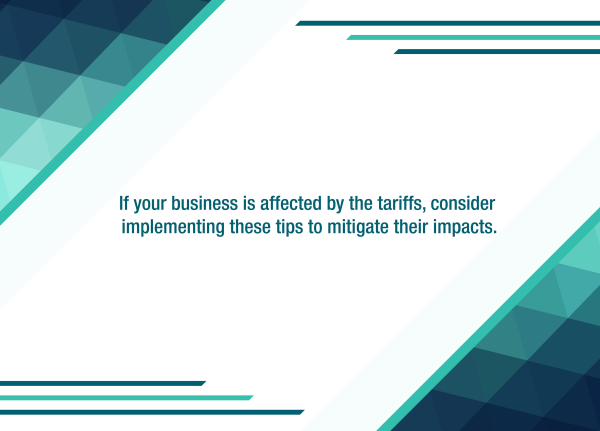By Stephen Ozen
If you own a restaurant in California, chances are you’ve dealt with large parties before. Due to the elevated levels of attention and service required for parties of 6 or more, there is typically gratuity added to the bill. While it may sound like it makes sense to ensure a certain amount of tip for all the hard work of the waiters and cooks, this is, in fact, a poor way to go about things.
According to California Publication 115:
A tip, gratuity, or service charge is optional and not included in taxable gross receipts when:
- The restaurant check is presented with the “tip” area blank so your customer may voluntarily write in an amount, or
- The restaurant check is presented to your customer with tip suggestions and the “tip” area is blank so your customers may voluntarily write in an amount if they wish to do so.
| Guest Check | |
| Food Item A | $9.95 |
| Beverage Item B | 3.75 |
| Subtotal | $13.70 |
| 8.25% sales tax | 1.13 |
| Subtotal | $14.83 |
| Tip* | ______ |
| Total | ______ |
| *Suggested tips: 15%=$2.06; 18%=$2.47; 20%=$2.74; other. | |
The keyword here is “blank.” When restaurants have a policy of forgoing the blank tip line and instead adding an “automatic gratuity” to the check(such as with large parties and/or banquets), things start to get complicated. If there is no blank portion where the customer can fill in the desired amount of tip, the “gratuity” is now a mandatory “service charge” – which is subject to tax.
If a party ordered $200 of food, they would pay $16.50 in sales tax and may tip $36 (or more). However, if 18% gratuity is automatically added, then sales tax must be paid on the gratuity (read: service charge), as well, meaning the taxable amount would go up to $236 and raise the tax to $19.47.
Example:
When submitting the Sales Tax Remittance form to the Board of Equalization (BOE), restaurant owners should recognize that sales tax was not only collected on sales of food and beverages during the month, but also on service fees as well. Since mandatory gratuities are considered service charges, owners are required to pay sales tax on them in addition to the standard food and beverage sales tax. Failure to pay appropriate sales tax from service charges may result in multiple fines.
Moral of the story – restaurant owners should look carefully at how they process tips, automatic gratuities, and the applicable sales tax and discuss the options with their financial advisor.
____________________________________
We highly recommend you confer with your Miller Kaplan advisor to understand your specific situation and how this impacts you.



